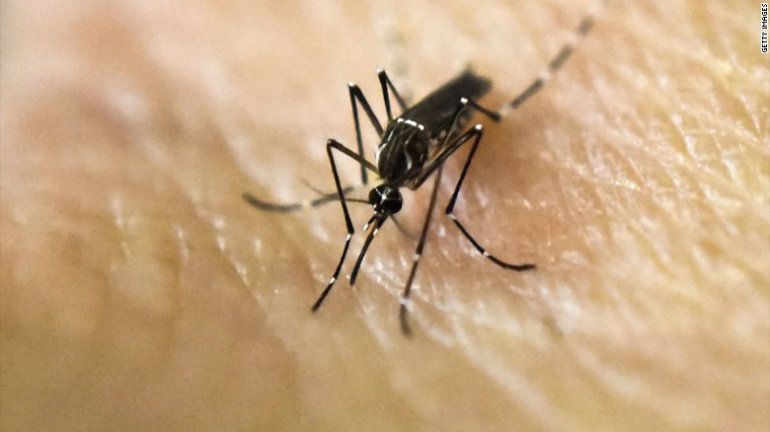CDC Zika Travel Warning Raises Fears on the Cayman Islands

Following a travel alert issued for the Cayman Islands by the Centers for Disease Control and Prevention (CDC) in Atlanta, after the territory confirmed two cases of local zika transmission, the Department of Tourism (DoT) is braced for the potential impact on the local tourism industry.
In a short statement released last week, the department said its global team remained “proactive” in promoting the destination.
“The DoT will adjust our already robust marketing plans as needed to ensure the destination is top of mind and converts travel bookings from our target audience,” officials said.
Even before Cayman recorded the two cases of local transmission of the zika virus, the destination was already being impacted by the regional outbreak and decline in tourism to the Caribbean and Latin American destinations as a result of general fears about the mosquito-transmitted virus and its possible impact on unborn babies.
Tourism figures have been on the decline, but with an official travel warning visitor numbers could fall dramatically over the coming months.
“Now more than ever it is important for residents and businesses to adhere to the prevention practices outlined by the Public Health Department and the Mosquito Research Control Unit (MRCU),” tourism officials stated Friday. “The current situation and our success in mitigating the impact of the zika virus are being managed through the proactive methodology employed by MRCU to eradicate the Aedes aegypti mosquito. Everyone in the Cayman Islands has to do their part in helping to reduce the population of this mosquito and thus the spread of the zika virus.”
The CDC added the Cayman Islands to its list of locations with a travel notice due to zika last week after the Cayman Islands Public Health Department confirmed its second case of transmission in patients with no travel history to areas where there has already been an outbreak of the virus.
The MRCU is continuing with the controversial release of genetically modified Aedes aegypti mosquitoes and has now released more than 300,000 bio-engineered insects.
Source: Caribbean News Now














